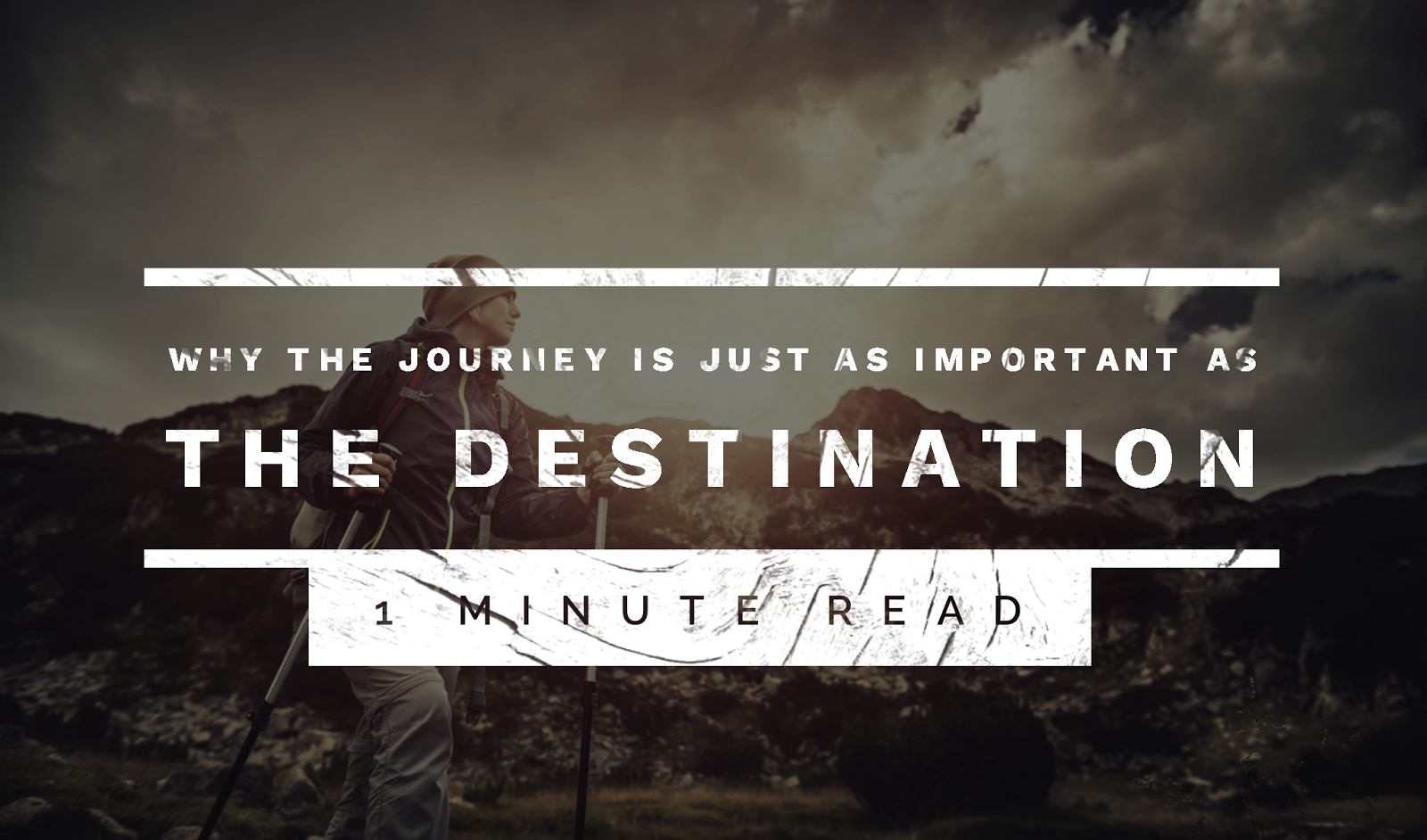PILGRIMAGE - Why The Journey Is Just As Important As The Destination
My youngest son has now reached the age where we can start
to go on walks as a family.
So far we have made several trips up to the moors and countryside.
Whenever we go for one of these walks we always have a destination in mind, a goal, whether that be a certain rock or waterfall. We set our sights on this and get walking.
Whenever we go for one of these walks we always have a destination in mind, a goal, whether that be a certain rock or waterfall. We set our sights on this and get walking.
We realised quite quickly that this is not the approach
taken by our youngest child.
He has no interest in the end goal but instead is interested in everything else around him.
We often have long excursions in the same area jumping in puddles or exploring plants.
Many times we have had to trace our steps back to a place that he found particularly interesting.
He has no interest in the end goal but instead is interested in everything else around him.
We often have long excursions in the same area jumping in puddles or exploring plants.
Many times we have had to trace our steps back to a place that he found particularly interesting.
Initially this is frustrating for us because we want
to get to our destination but before long we find ourselves enraptured in the
same things he is, exploring the beauty around us.
This can be seen as an analogy for modern life.
We all have destinations that we want to get to, whether they be physical destinations or dreams and goals that we have. Often the journey is just a means to an end, and we want it to be as quick as possible.
We all have destinations that we want to get to, whether they be physical destinations or dreams and goals that we have. Often the journey is just a means to an end, and we want it to be as quick as possible.
In medieval times it was not uncommon for someone to
undertake a pilgrimage to a holy site once in their life. These journeys would
take many days.
For these pilgrims the destination was important, but
equally so was the journey.
For the pilgrim the journey was a formative experience.
Along the road the pilgrim would meet other pilgrims, they would share food and stories. Pilgrims would often walk together talking.
The journey itself became a way of learning and growing.
The journey itself became a point of significance.
For the pilgrim the journey was a formative experience.
Along the road the pilgrim would meet other pilgrims, they would share food and stories. Pilgrims would often walk together talking.
The journey itself became a way of learning and growing.
The journey itself became a point of significance.
All of us have destinations, but are we taking the time to
enjoy the journey that we go through to get there?
Maybe instead we should adopt the mindset of the pilgrim.
Maybe instead we should adopt the mindset of the pilgrim.
What are your destinations? Your goals that you have in
mind?
Are you taking the time to enjoy your journey towards them?
May we appreciate the significance of the journey that we
are on, may we consciously take time to take in our surroundings, and may we be
pilgrims in this life.




Comments
Post a Comment